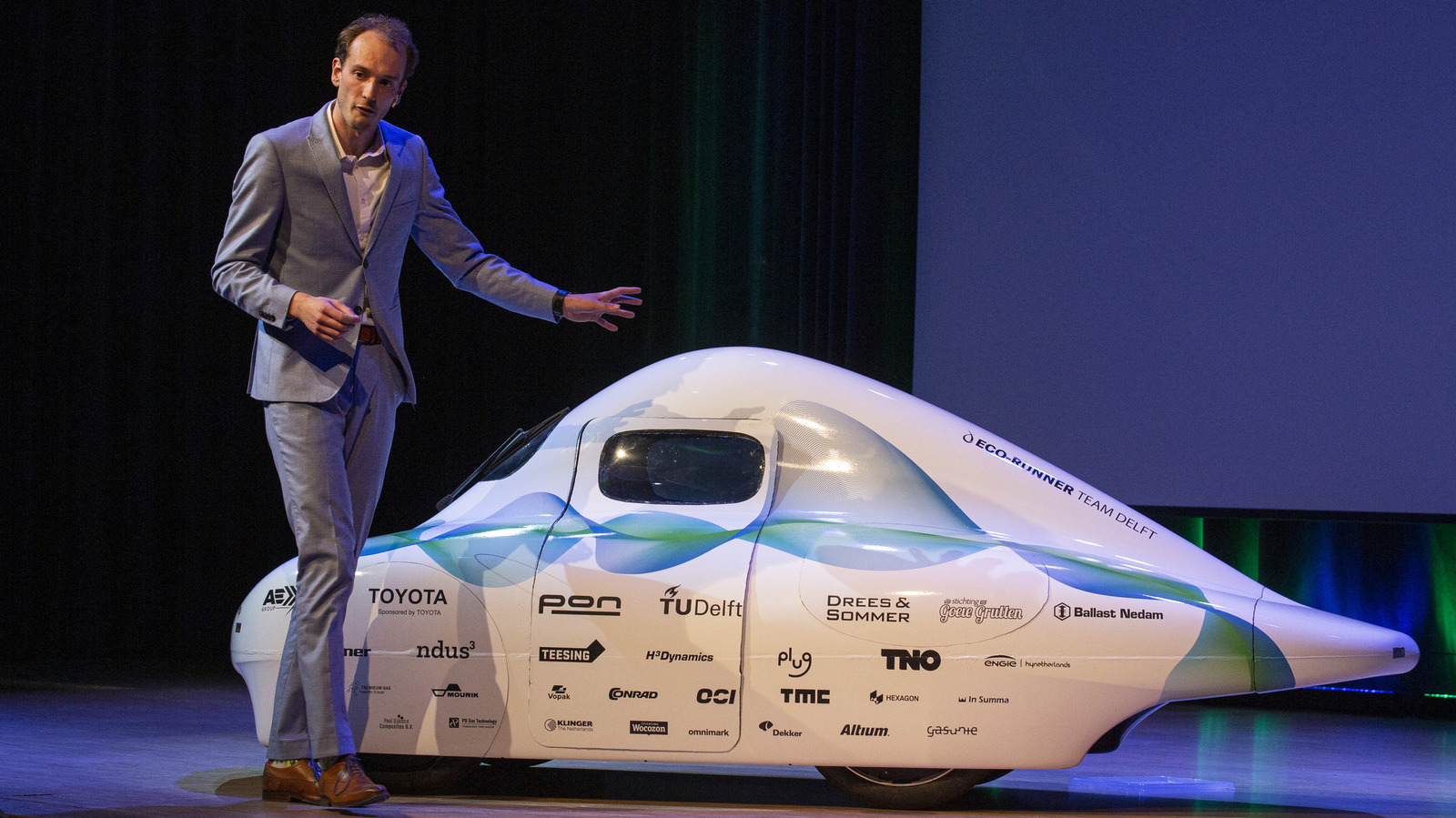Both batteries and hydrogen are seen as proving the benefit of cleaner energy, but the one area where Mears says BEVs are lacking is in the batteries themselves. A combination of the materials needed to manufacture them and how complicated they can be to recycle, the weight they add to a vehicle, and a comparably limited range put them behind hydrogen in that regard. From a consumer standpoint, it’s got more to do with the charging time — because as Mears points out, “Hydrogen already has a head start benefit of almost instant refueling at a stop as compared with even high-power supercharging of BEVs.”
That said, BEV technology has continued to change and grow. To the point that Professor Mears doesn’t believe hydrogen will have that charging speed advantage for much longer. “…there are a lot of smart people working on these issues, and I expect to see a disruptive battery technology hit the market in the next 5 years that may change the segmentation rapidly,” Mears says.
Infrastructure is also a major factor to consider, and while the Federal government does offer a hydrogen hub program, it’s also investing in electrical charging with the DOE’s National Electric Vehicle Infrastructure (NEVI) program. Professor Mears points out that, despite the roughly $5 billion in funding going to a BEV charging network, “whether the national grid system can handle it is another concern.”






